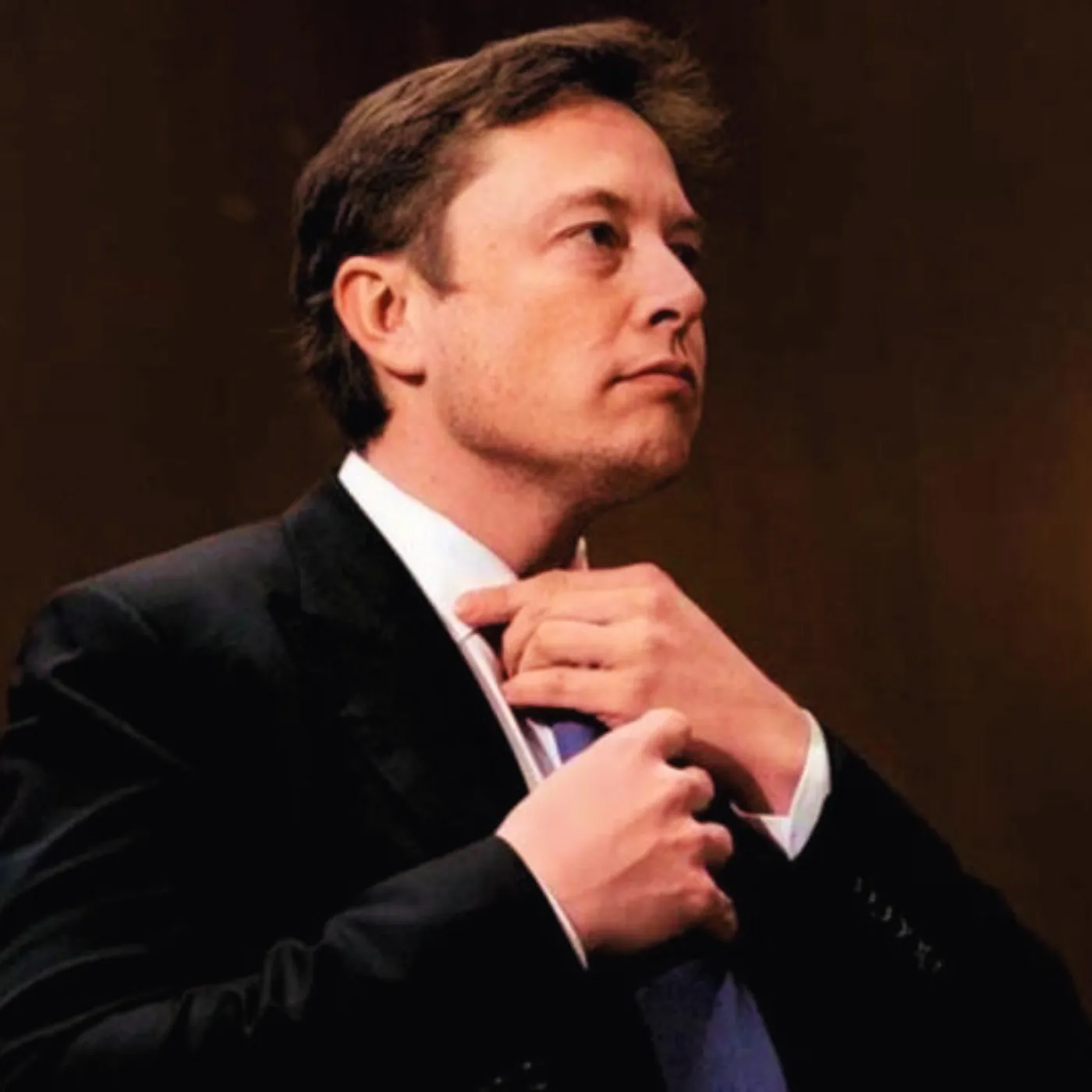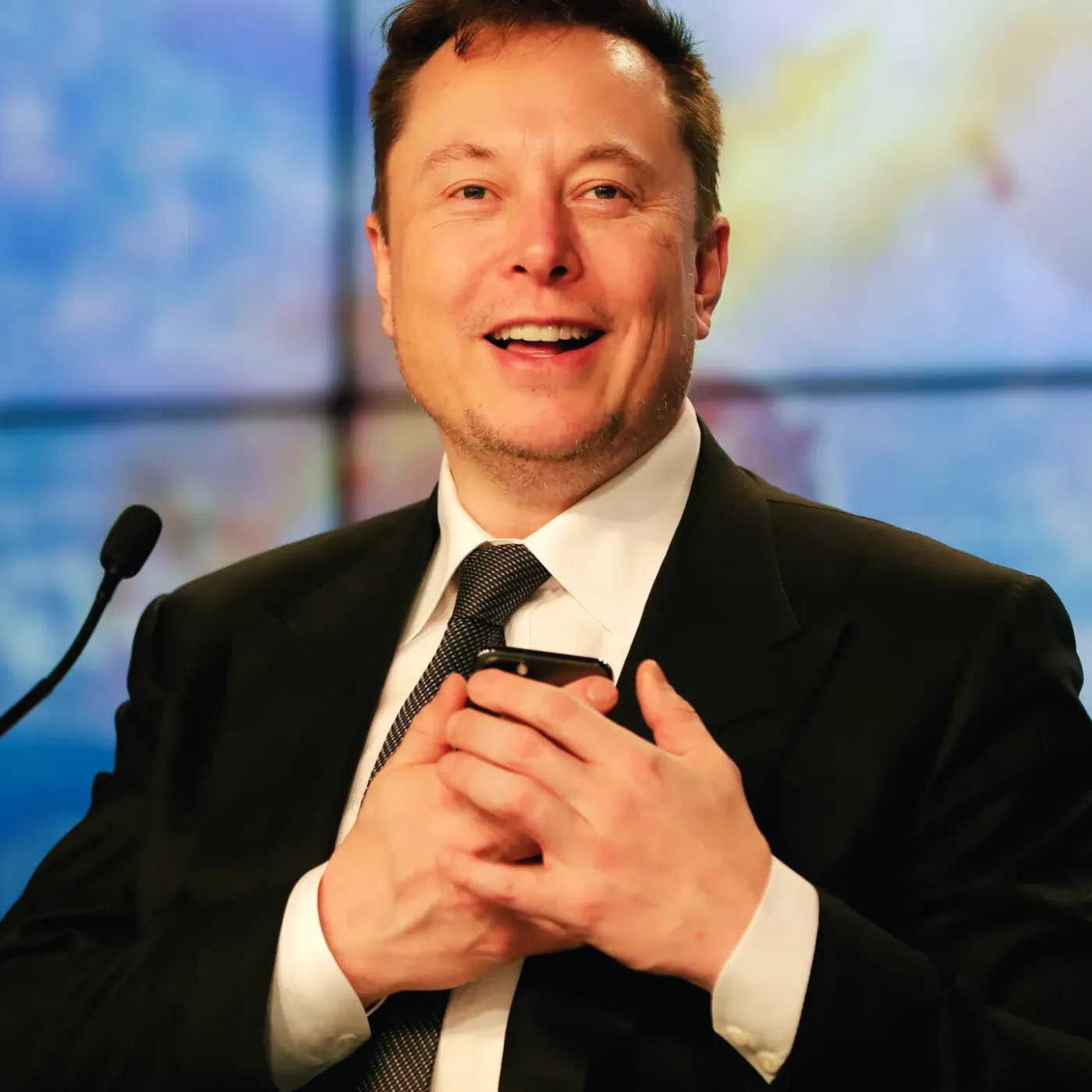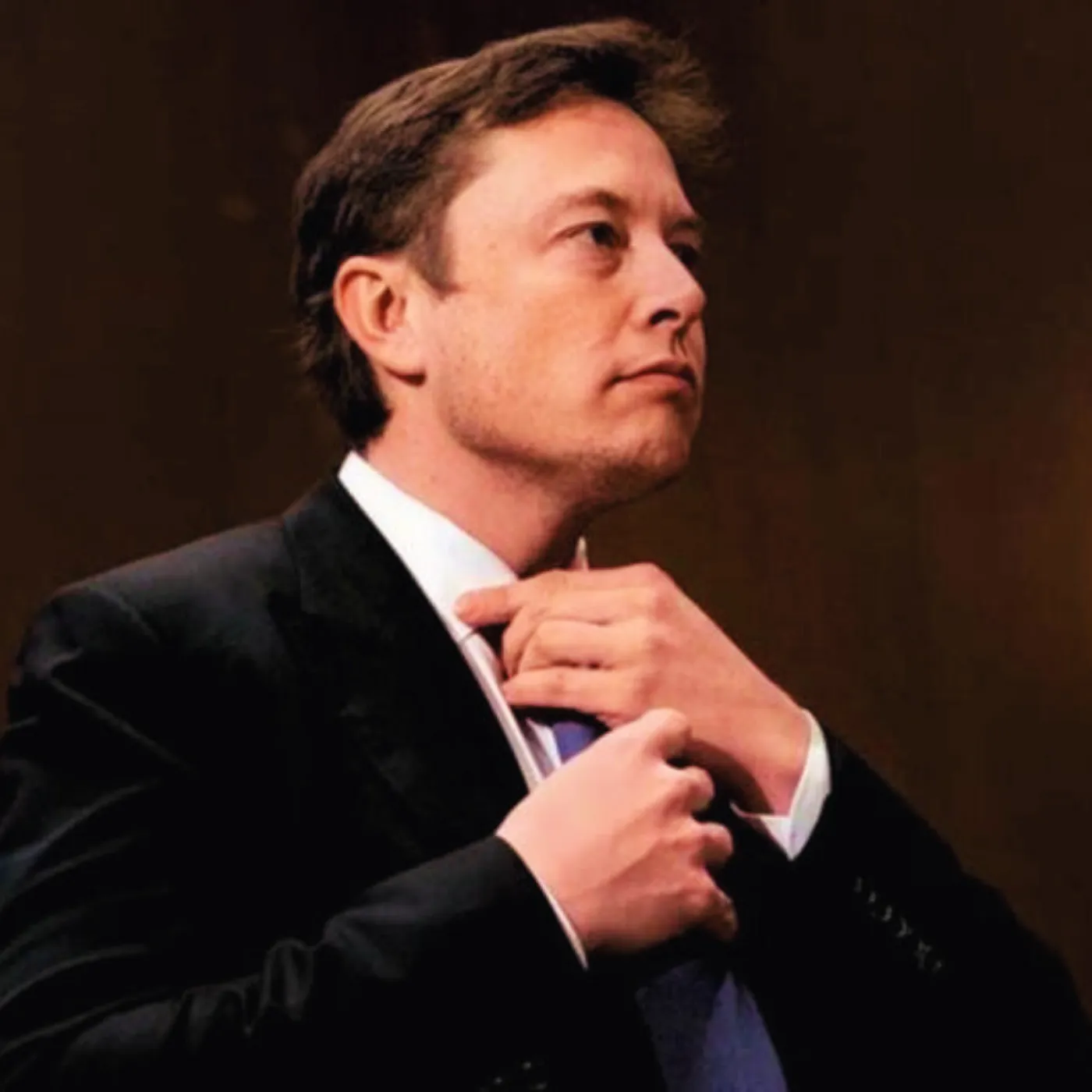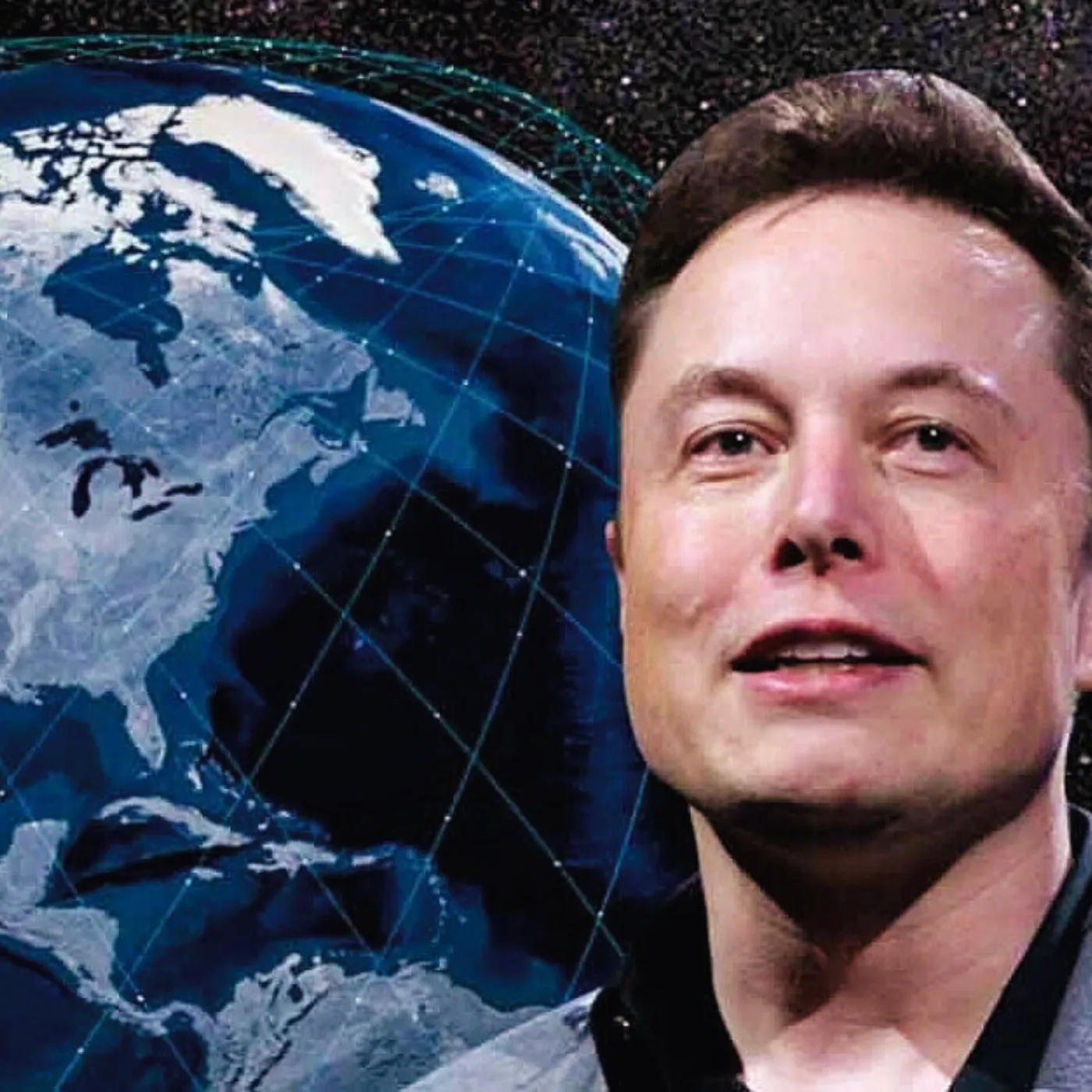

Elon Musk’s Silent Grip on Your Online World — And You Don’t Even Know It
In today’s hyper-connected world, few figures loom as large over the digital landscape as Elon Musk. Dubbed a visionary, a disruptor, and a sometimes controversial tech mogul, Musk’s influence extends far beyond electric cars and space rockets. From reshaping how we communicate online to revolutionizing AI and social media, Elon Musk’s touch is transforming the very fabric of our digital existence.

But what exactly does the “Elon Musk Effect” mean for everyday users scrolling through feeds, engaging with platforms, or simply living their lives online? Is this seismic shift a step forward or a dangerous leap into uncharted territory that could compromise our privacy, freedom, and even digital reality itself?
The Man Behind the Digital Revolution
Elon Musk’s reputation as a tech titan is well-earned. Tesla redefined the electric vehicle market, SpaceX revolutionized space travel, and his newest ventures — including xAI and the controversial evolution of X (formerly Twitter)—signal a new chapter in digital innovation.
Musk’s recent acquisition and overhaul of X has sent shockwaves through the social media landscape. The platform now embodies his vision for a more open, less censored digital space, but not without stirring heated debates. The push for Bitcoin-style encryption on XChat, a new direct messaging feature, highlights Musk’s obsession with privacy — or at least his version of it.
This vision fits into a larger pattern: Musk’s relentless pursuit of technological disruption often blurs the line between innovation and instability. For millions of users, the “Elon Musk Effect” isn’t just a business strategy — it’s a lived experience, influencing everything from how we communicate to how we perceive truth and information online.
The Social Media Shake-Up
With X now under Musk’s control, the platform’s transformation has become a case study in the risks and rewards of digital empire building. Musk champions free speech, but critics argue that his changes risk turning X into a breeding ground for misinformation, toxicity, and fragmentation.
Users face a more volatile environment where content moderation policies shift unpredictably, creating confusion and fueling controversy. Musk’s approach to empowering AI tools like xAI to help manage content adds another layer of complexity — one that raises questions about algorithmic bias, transparency, and the true cost of automated moderation.
The broader impact on social engagement is palpable. Engagement rates fluctuate wildly as users either flock to or flee from the evolving platform. Advertisers hesitate, communities fracture, and the public debates whether Musk’s version of digital freedom will ultimately liberate or harm.

Privacy Promises or Digital Illusions?
Musk’s bold claims about implementing “Bitcoin-style encryption” for XChat hint at a revolution in online privacy. End-to-end encryption promises greater security for users’ private conversations, but skeptics warn this could also shield harmful activities from oversight.
The tension between privacy and safety is at the heart of the digital debate. Musk’s vision, while appealing, forces users to question whether such encryption will be truly empowering or a veil for unchecked behavior. This dilemma is emblematic of the broader challenges facing tech platforms today.
Moreover, Musk’s track record shows a penchant for grand promises that sometimes fall short or morph into unpredictable consequences. The digital community watches cautiously, aware that Musk’s moves could redefine privacy norms — for better or worse.
AI and the Future of Digital Interaction
Another pillar of the Elon Musk Effect is his investment in AI through xAI, a venture promising to push the boundaries of artificial intelligence and its integration into daily digital life. Musk’s stated goal is to build AI that understands and interacts with humans on a more natural level, enhancing user experience and information access.
However, this ambition raises concerns about AI’s influence on content curation, news dissemination, and even the shaping of public opinion. As xAI-powered tools potentially moderate and recommend content, questions about algorithmic manipulation and echo chambers intensify.
Critics argue that the growing reliance on AI in social media risks deepening information silos, while supporters believe Musk’s approach could pioneer more personalized, less toxic online spaces. The reality is likely a complex mixture of both.
The Economic Ripple Effect
Beyond users, the Elon Musk Effect cascades through digital economies and advertising markets. Advertisers grapple with changing platform policies and fluctuating user bases, complicating marketing strategies and budgets.
Musk’s ventures often disrupt traditional business models, pushing industries to innovate or fall behind. Tesla’s success forced legacy automakers to rethink electric vehicles, and Musk’s social media reforms challenge advertising norms with new data privacy rules and engagement algorithms.
This disruption creates winners and losers, with startups hoping to capitalize on the evolving landscape and established players scrambling to adapt. For many, Musk is less a visionary and more a chaotic force shaking up the status quo.
Cultural Impact and Digital Identity
Perhaps the most profound element of the Elon Musk Effect is its cultural resonance. Musk isn’t just a businessman; he’s a cultural icon whose actions ripple through digital identity, influencer culture, and even public discourse.
His tweets and public statements often set trends, spark viral moments, and influence the digital zeitgeist. Musk’s blending of personal brand with corporate power blurs boundaries and reshapes how users relate to technology leaders.
For digital natives, Musk’s narrative is a real-time drama — a mix of inspiration, skepticism, and outright controversy. The question remains: how much control does one man have over the collective digital consciousness?
The Fine Line Between Innovation and Risk
The Elon Musk Effect illustrates the delicate balance between technological progress and unintended consequences. Musk’s ambition drives innovation at breakneck speed but also stirs fears about concentration of power, loss of user control, and the ethical limits of digital manipulation.
This effect extends beyond Musk’s companies to touch every user, advertiser, and regulator engaged with the digital world. As platforms evolve, so too does the conversation about who holds the keys to our digital lives.

What’s Next in the Elon Musk Digital Era?
Looking ahead, the Elon Musk Effect shows no signs of slowing. With ongoing projects like Neuralink and Starlink promising to merge digital and physical realities, Musk’s vision could redefine human experience altogether.
For users navigating this shifting landscape, vigilance and awareness become essential. The promise of a more connected, innovative digital future is tempered by the risks of centralized control and unpredictable change.
The digital age shaped by Elon Musk is a story still unfolding — one filled with possibility, peril, and profound questions about the future of privacy, freedom, and identity in a world increasingly defined by technology.


















